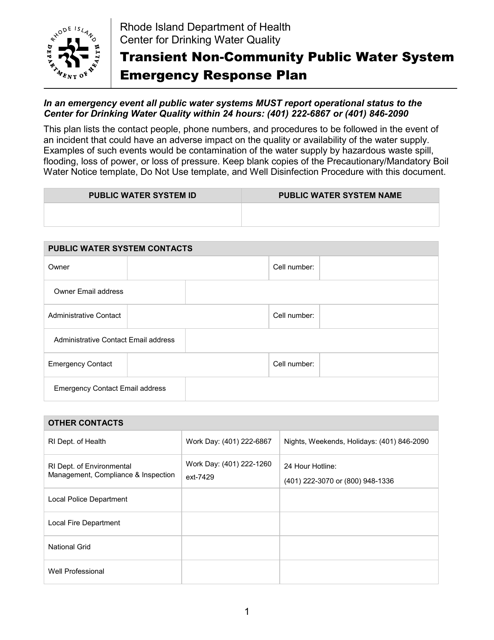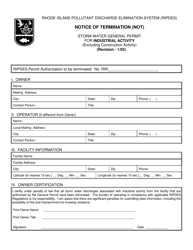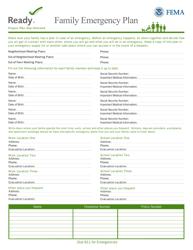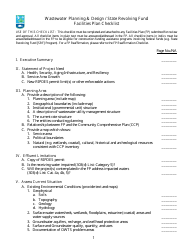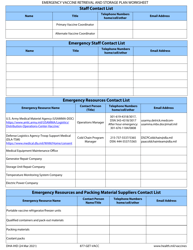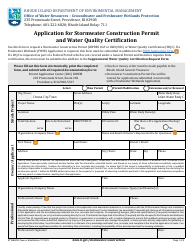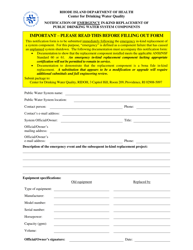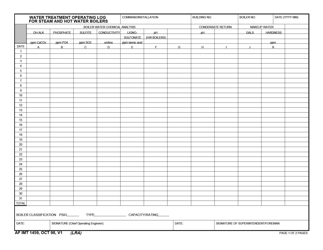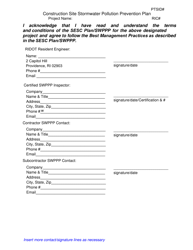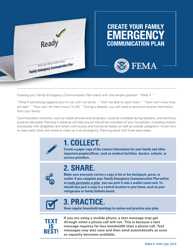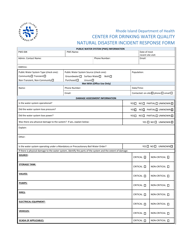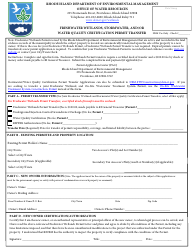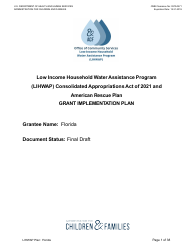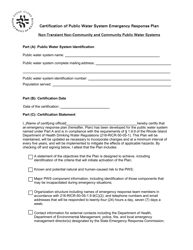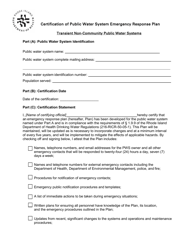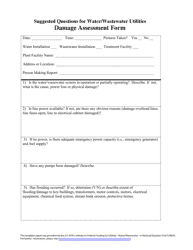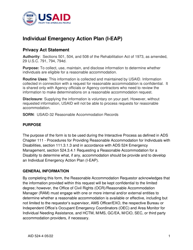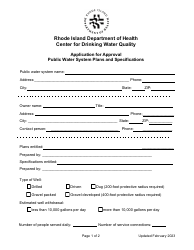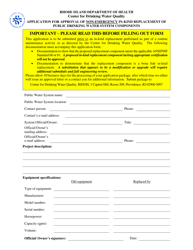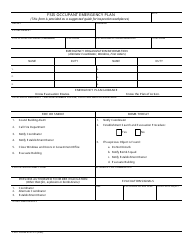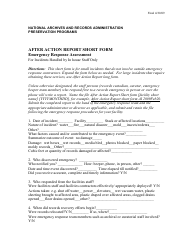Transient Non-community Public Water System Emergency Response Plan - Rhode Island
Transient Non-community Emergency Response Plan is a legal document that was released by the Rhode Island Department of Health - a government authority operating within Rhode Island.
FAQ
Q: What is a Transient Non-community Public Water System?
A: A Transient Non-community Public Water System is a water system that provides water to facilities that have at least 15 service connections or serve an average of at least 25 people for at least 60 days per year, but do not meet the definition of a community water system.
Q: What is an Emergency Response Plan?
A: An Emergency Response Plan is a document that outlines the actions to be taken in the event of an emergency or disaster.
Q: What is the purpose of an Emergency Response Plan for a Transient Non-community Public Water System?
A: The purpose of an Emergency Response Plan for a Transient Non-community Public Water System is to ensure the availability of safe and reliable drinking water during an emergency or disaster.
Q: Who is responsible for developing and implementing an Emergency Response Plan for a Transient Non-community Public Water System in Rhode Island?
A: The owner or operator of the water system is responsible for developing and implementing an Emergency Response Plan.
Q: What should be included in an Emergency Response Plan for a Transient Non-community Public Water System?
A: An Emergency Response Plan for a Transient Non-community Public Water System should include a description of the water system, potential emergency scenarios, response procedures, contact information, and a schedule for reviewing and updating the plan.
Q: How often should an Emergency Response Plan for a Transient Non-community Public Water System be reviewed and updated?
A: An Emergency Response Plan for a Transient Non-community Public Water System should be reviewed and updated at least once every five years, or more frequently if there are significant changes to the water system or emergency response procedures.
Form Details:
- The latest edition currently provided by the Rhode Island Department of Health;
- Ready to use and print;
- Easy to customize;
- Compatible with most PDF-viewing applications;
- Fill out the form in our online filing application.
Download a fillable version of the form by clicking the link below or browse more documents and templates provided by the Rhode Island Department of Health.
